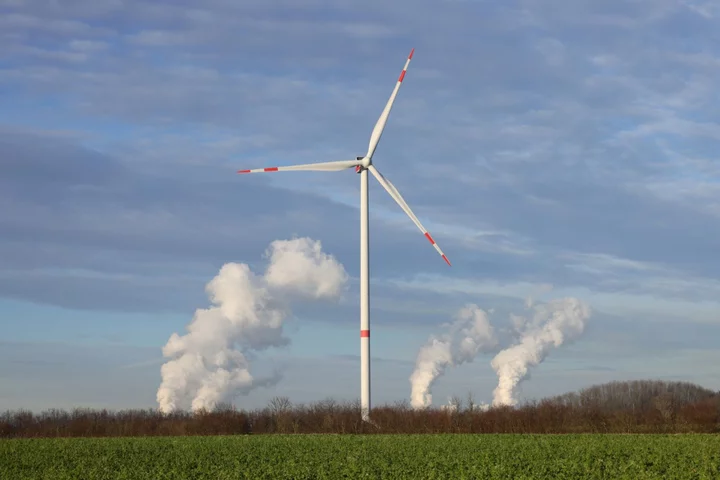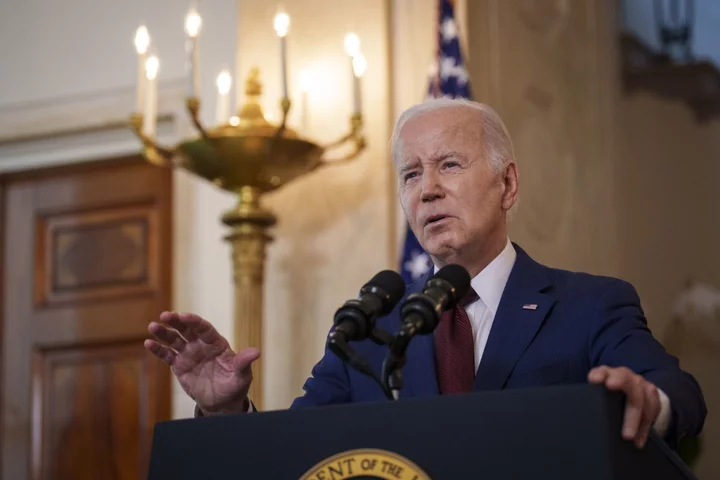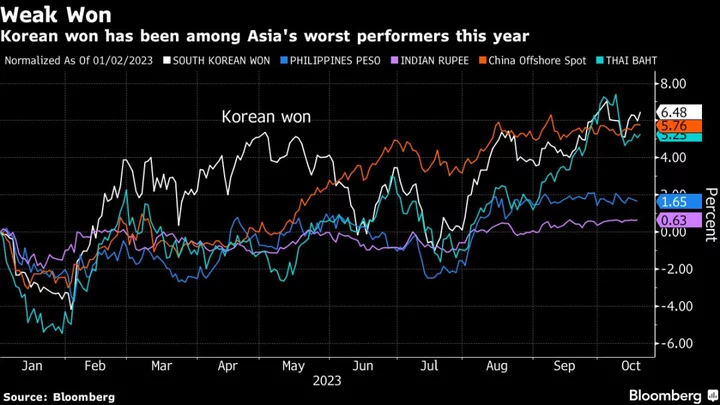Energy industry representatives are warning that green investments in Germany could grind to a halt unless the country resolves its budget crisis quickly.
“If we don’t have countermeasures now, we will experience a full stop,” Kerstin Andreae, the head of the energy group BDEW, said Wednesday. “Investments are starting to devalue.”
Companies are increasingly worried that government support, that helps attract private capital at cheaper rates, could be scaled back permanently after the country’s top court struck down €60 billion ($65 billion) of off-budget funding for climate action earlier this month. Lawmakers are now trying resolve the crisis and set new spending priorities.
The country’s ambition to cut its carbon emissions by two-thirds from 1990 levels by the end of the decade requires energy transition investments of roughly €600 billion ($659 billion), according to a new report from consultancy Deloitte commissioned by industry groups.
Germany is already lagging on its green goals after a hard hit from last year’s Europe-wide energy crisis forced it to use more fossil fuel. The court’s ruling will force the government to set stricter spending priorities, leading to uncertainty on how much funding green projects will be allocated. The setback could also see investments move to neighboring France or elsewhere in the region.
“The most important thing is trust and that is totally shaken at the moment,” Ingbert Liebing, chairman of the German Association of Local Public Utilities, said at the press conference to release the Deloitte report.
The budget dilemma could stall hundreds of projects by local utilities, Liebing said. Even proposals that had funding approval from the federal government could be at risk because they’re often contingent on being able to secure financing.
The Deloitte paper suggests that the government should provide risk mitigation tools to facilitate utilities’ access to private capital — either via guarantees, tax cuts, loosening strict borrowing rules or even an energy transition fund.









